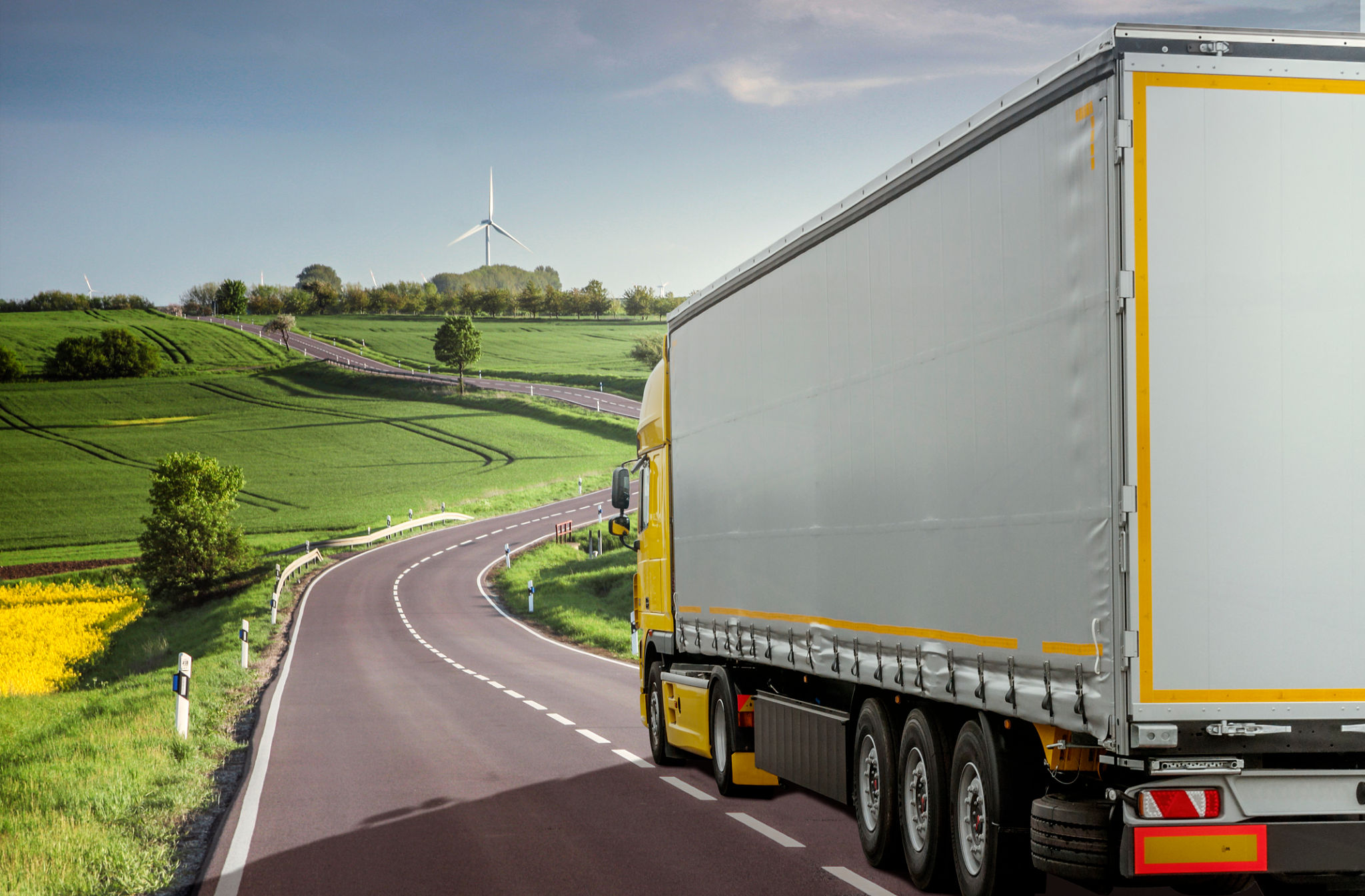How to Navigate Supply Chain Challenges in Luxembourg: A Local Perspective
Understanding the Supply Chain Landscape in Luxembourg
Luxembourg, known for its strategic location and robust economy, plays a pivotal role in European supply chains. However, businesses operating here are not immune to the challenges that affect global supply chains, such as fluctuating demand, regulatory changes, and disruptions caused by unforeseen events. Navigating these challenges requires a deep understanding of both local and international dynamics.

Identifying Key Challenges
One of the primary challenges faced by supply chain managers in Luxembourg is the complexity of cross-border logistics. Given Luxembourg's central position in Europe, companies often deal with multiple customs regulations and tax regimes, which can complicate processes. Additionally, the high cost of labor and real estate within the country adds financial pressure on businesses looking to optimize their supply chains.
Another significant challenge is the increasing demand for sustainable practices. Consumers and regulators alike are pushing for greener logistics solutions, which require investment in new technologies and methods. This shift towards sustainability can be daunting for companies trying to balance cost efficiency with environmental responsibility.
Strategies for Effective Supply Chain Management
To successfully navigate these challenges, businesses in Luxembourg should consider implementing a few strategic measures. Firstly, investing in technology can significantly enhance supply chain efficiency. Tools like artificial intelligence and blockchain can streamline processes, improve transparency, and reduce errors.

Secondly, fostering strong relationships with local partners can provide invaluable support. Collaborating with logistics providers, government agencies, and industry associations can help businesses stay informed about regulatory changes and emerging trends. These partnerships are crucial for adapting quickly to evolving market conditions.
Embracing Flexibility and Resilience
Building a flexible supply chain is essential for managing disruptions. This involves diversifying suppliers to avoid dependency on a single source and maintaining buffer stock to cushion against sudden demand spikes or delays. Moreover, implementing a robust risk management strategy can prepare businesses for potential crises and ensure continuity.
Resilience also means being prepared to pivot operations as needed. For example, during the COVID-19 pandemic, many companies in Luxembourg swiftly adapted by shifting focus from affected sectors to more stable ones or by expanding their e-commerce capabilities.

The Role of Government Support
The Luxembourg government plays an active role in supporting supply chain innovation. Initiatives aimed at enhancing infrastructure, such as the development of logistics hubs and investment in digitalization, provide businesses with the resources needed to overcome logistical challenges. Furthermore, financial incentives for sustainable practices encourage companies to adopt eco-friendly solutions without bearing the full cost burden.
Looking Ahead: Future Trends
As the global supply chain landscape continues to evolve, Luxembourg remains well-positioned to adapt and thrive. Emerging technologies such as autonomous vehicles and drones present new opportunities for efficiency gains. Additionally, the focus on circular economy principles is likely to grow, encouraging businesses to rethink their approach to resource use and waste management.
Staying ahead in this dynamic environment requires a proactive approach. Businesses must continuously evaluate their supply chain strategies, embrace innovation, and leverage local expertise to maintain a competitive edge.